I wrote this for another site in December 2011, just after Christopher Hitchens died. I’m less wistful now than when I wrote it, but I meant what I said and haven’t changed a word. It was a hell of a time. I feel lucky to have lived it.
Christopher —
I hoped it wouldn’t come to this. Writing to you after you’ve died. As you know, I’ve reached out to you since a mutual friend told me of your illness. Ceased my attacks and critiques. Not that I changed my mind about your pro-war position, but my feelings ran deeper than partisan rifts.
We never met again. Friends said it was because you were in treatment. Weak. Unable to talk. I know that’s true. But maybe you simply didn’t want to see me. I understand. All I desired was to look you in the eyes one last time and say thanks. So this will have to suffice.
I have more memories of you than you did of me, the proper balance, given our relationship. When you read my initial attempts to write political criticism, you were honest but encouraging. Made minor corrections while highlighting lines you liked. I can’t tell you what that meant to me. When young writers seek my advice or input, I remember your generosity and offer them my own. I still hew to your belief that first thoughts are not best thoughts. That the best stuff must be dug out. You were right.
My favorite memories stem from those long nights and weekends in your and Carol’s apartment. If I seemed star struck, I was. I couldn’t believe you took me as seriously as you did. The two of us sitting at that long dining room table next to the kitchen. Me trying to match you drink for drink. Rookie hubris. You made it seem effortless, wreathed in Rothman smoke, longish hair tousled. We’d talk through the early hours, you more than me. I was happy to listen and learn.
There were the C-SPAN gigs. Twice you took me along, early morning, when neither of us had any sleep. In a DC cab as the sun came up. You’d click on your debate switch and your eyes became electric. Your energy was boundless. When I appeared on C-SPAN, I tried following your example. Disaster. Massive hangover on national TV. It still hurts to watch that tape. I think you kept me up that night to test my endurance. To see if I could hang. I made it. Barely.
You opened doors for me. Recommended me to Jonathan Larsen at the Village Voice when the Press Clips column was vacant. I felt I wasn’t ready for that stage, but you did. Larsen went with Doug Ireland instead. No matter. There were other jobs.
You got me into Mother Jones. Your endorsement put me in the New York Perspectives editor’s chair. That was vital to my education. It’s where I really learned to write. It was through you that Tariq Ali and Colin Robinson read my work. Tariq later published Savage Mules. Belated thanks for that.
So many moments swim through my mind. Our physical feats competition on your building’s rooftop. You teaching me how to properly cook salmon in your kitchen. The day we spent together at the 1992 Democratic Convention in New York. You introduced me to Norman Mailer and Norris Church, saying “And of course you know Dennis Perrin.” We hung out with Dick Cavett and Ron Reagan, Jr. Made fun of Charles Krauthammer who sat in front of us in Madison Square Garden. We hit the reporters’ bar and talked about how awful Bill Clinton was going to be.
We then went to HBO Studios where you were to debate John Podhoretz on Comedy Central. It was a live show. You said “fuck” several times. Moderator Al Franken told you to stop. You replied, “I thought I was allowed to say whatever the fuck I wanted!” The segment ended early. The night was just beginning.
When I pissed off Noam Chomsky, sharing with you something he wrote to me privately, you spoke to Noam and straightened it out. I was thoughtless. You were selfless. You helped me many times like that. When I asked for a blurb for Mr. Mike, you didn’t hesitate. When we saw each other at readings or signings, you always hugged and kissed me, cigarette ash falling on my shoulder. “So good to see you, dear boy! Care for a drink?” I never refused.
I’m sorry we fell out. That was never my intention. I simply didn’t understand your reasoning. It felt false to me. When I reminded you of forgotten statements that undermined your pro-invasion arguments, you didn’t deny them. You just got shitty with me. Pulled rank. When I wrote “Obit for a Former Contrarian” for Minneapolis’ City Pages in 2003, you reacted as if I stuck a shiv in your gut. You emailed me from Kuwait, demanding that I confess to planting the story in New York Post’s Page Six. I told you the truth. I didn’t. But you wouldn’t believe me.
From there it grew worse. You later feigned little knowledge of me. The same tactic that Sidney Blumenthal used on you. Why not? It works. But mutual friends told me different stories. One wanted to set up a debate between us. Carol thought it was a good idea. You were horrified by the suggestion. Spoke of my betrayal. You never got over that “Obit” piece. Thing is, that piece is filled with love and respect for you. Severe criticism, too, but couched in whatever affection I had left.
You were wrong, old friend. You endorsed and pushed for all manner of imperial violence. Your glee over Fallujah blew my mind. After all you had written, roasting imperial toads with scathing wit, you were in the end no different than them.
Yes, I wrote harshly about this. To you personally, on my blog and at Huffington Post. For a moment I considered taking it all down, out of respect for your passing. But the old Christopher would blanch at that. And he would be right.
In your collection For The Sake of Argument, you wrote this to me: “For Dennis — close reader, meticulous viewer, who answers back to the consensus. With warm fraternal greetings, Christopher.” In No One Left to Lie To, you penned, “Dennis is a good man. C.H.”
I’d like to think that somewhere inside of you, these sentiments remained. I’ll never know. But many positive sentiments about you remain in me. Some friends have mocked me for this, but they didn’t know you as I did.
So long, Christopher. I’ll never forget you.
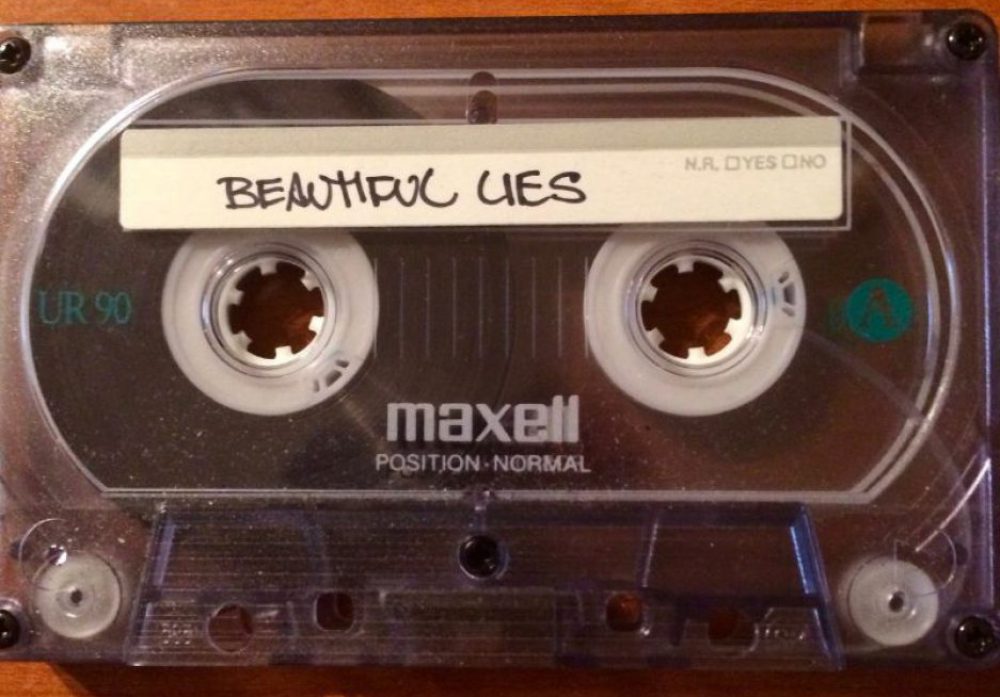

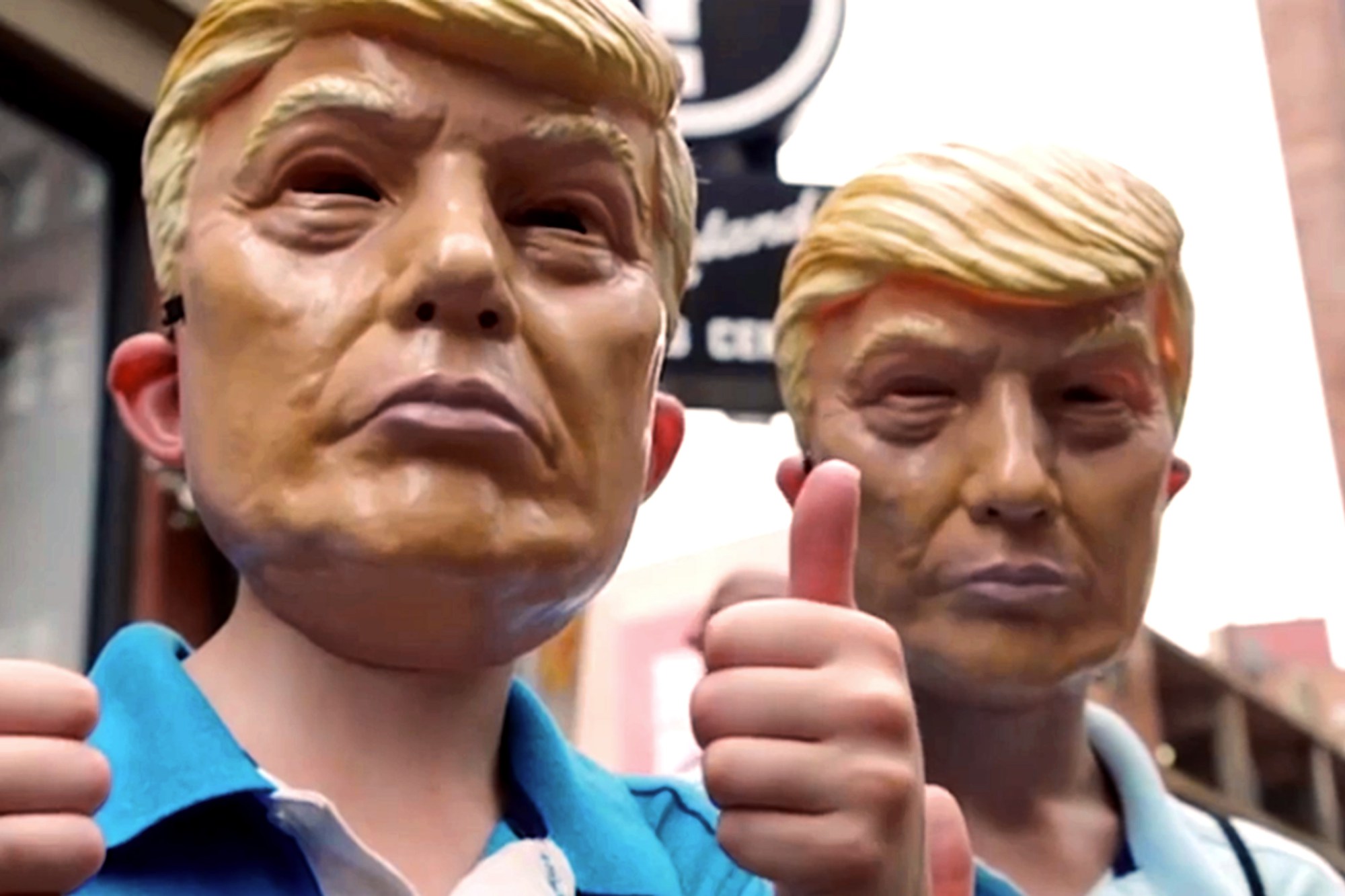
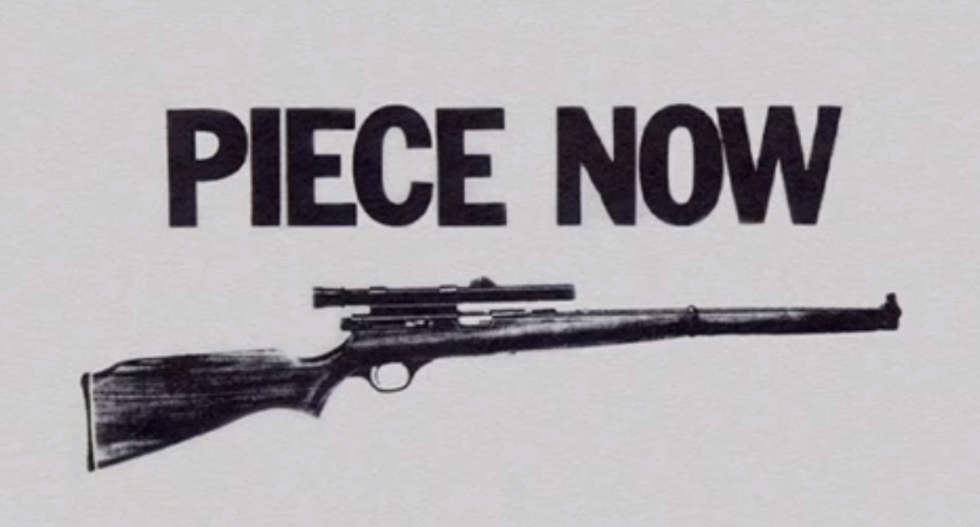 Have you ever hit someone so hard that they cried? How well do you take a punch? Ever been on the ground, trying to fend off kicks to your head? Ever been cut? Ever been shot?
Have you ever hit someone so hard that they cried? How well do you take a punch? Ever been on the ground, trying to fend off kicks to your head? Ever been cut? Ever been shot?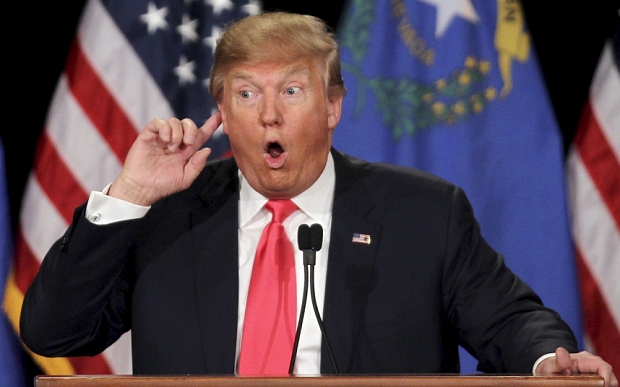
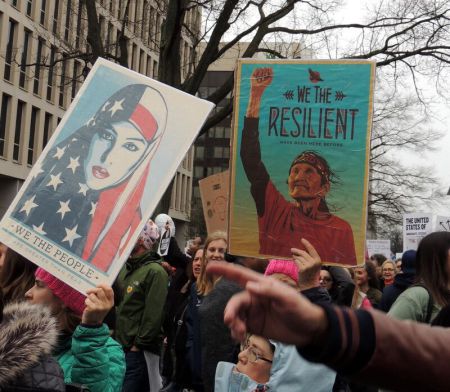
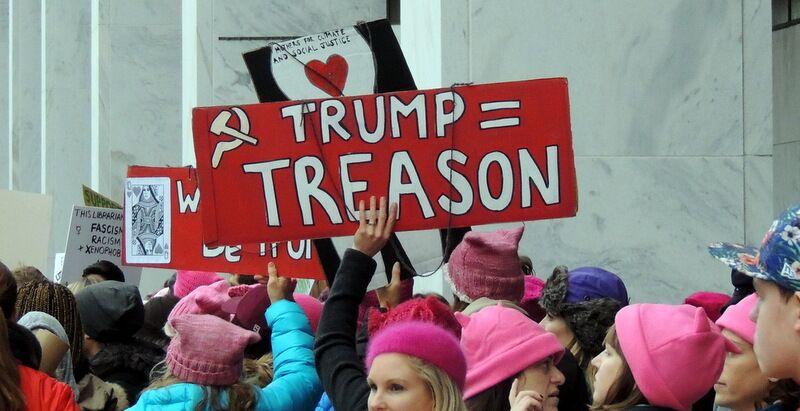
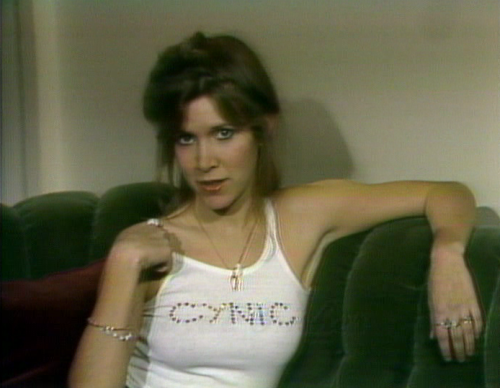
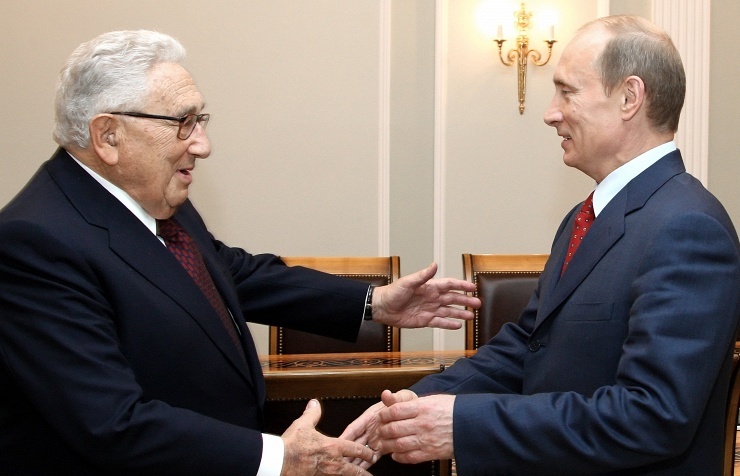 Henry Kissinger could be dead by the time you read this, or he’ll outlive us all. I put nothing past the old war criminal. As Kissinger continually proves, he is not to be underestimated.
Henry Kissinger could be dead by the time you read this, or he’ll outlive us all. I put nothing past the old war criminal. As Kissinger continually proves, he is not to be underestimated.